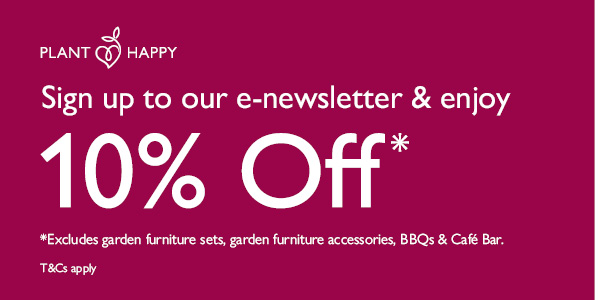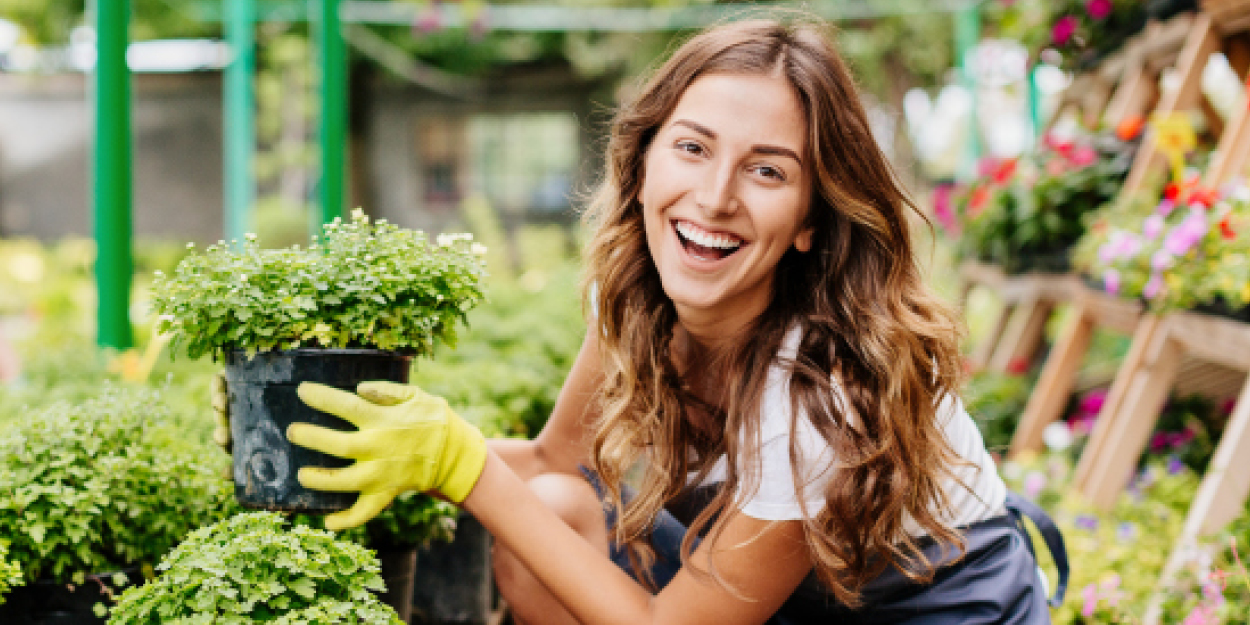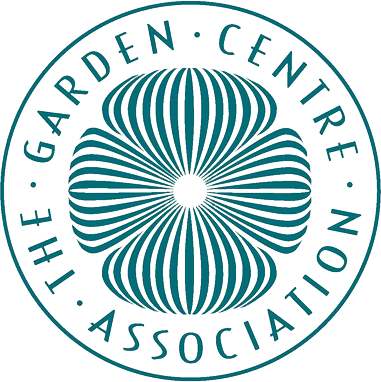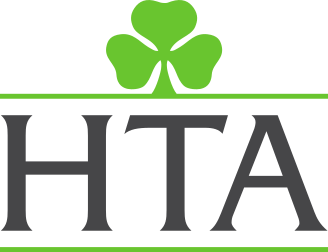Looking After Your Degu
Housing
Degus are extremely active and need a large, multi-level wire mesh cage with a solid base or a large gerbilarium. Avoid plastic or wood as these can be chewed. Keep them indoors somewhere cool away from direct sunlight and draughts. They will also need a dust bath, use good quality chinchilla sand.
Degus are social animals and should not be kept on their own. Choose a single-sex pair or group that have already become friends.
Feeding
The majority of their diet should be good quality hay or grass to provide fibre. This can be supplemented with small amounts of a suitable feed. Make sure the first feed has been finished before topping it up and keep a supply of fresh drinking water available.
Handling
Degus are most suited to older children and adults. Make sure your pet is awake and approach slowly from the front. If your degu is confident it may climb on to an open palm, if not gently scoop it into your hand. Never pick it up by its tail. Degus are very active and will wriggle so be careful. Handle daily.
Toys & treats
Degus will often play together but wooden chinchilla or parrot toys will provide entertainment and keep their teeth trim. Degus should not have a high sugar diet so choose a suitable treat or give small amounts of fresh fruit or green vegetables such as broccoli stalks.
Health
The most common illness for degus is diabetes so make sure you are feeding them correctly. Other health issues to look out for are sore feet, eye, dental or respiratory problems and skin conditions.
If you have any cause for concern for the health of your pet, seek veterinary advice.
You will need…
- Suitable housing/cage
- Soft bedding for small animals
- Dust free wood shavings
- Water bottle and bottle brush
- Metal or ceramic food bowl
- Suitable pet food
- Gnaw block
- Toys and treats
- Vitamin supplements
- Pet safe disinfectant
- Pet care book






